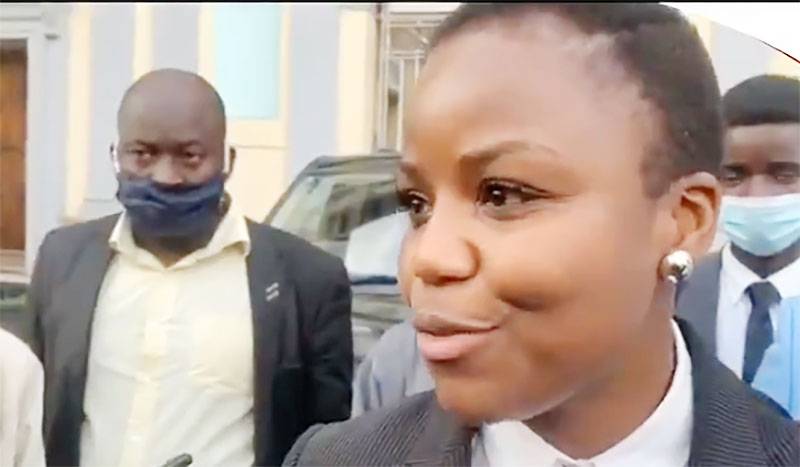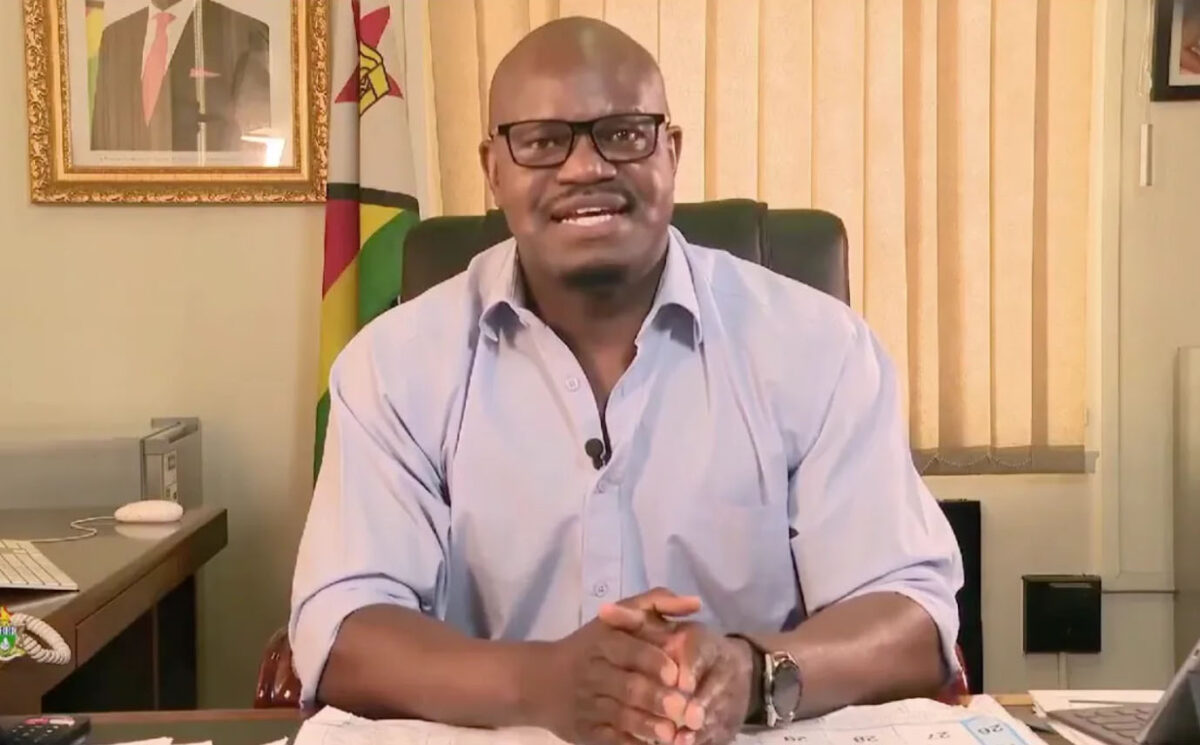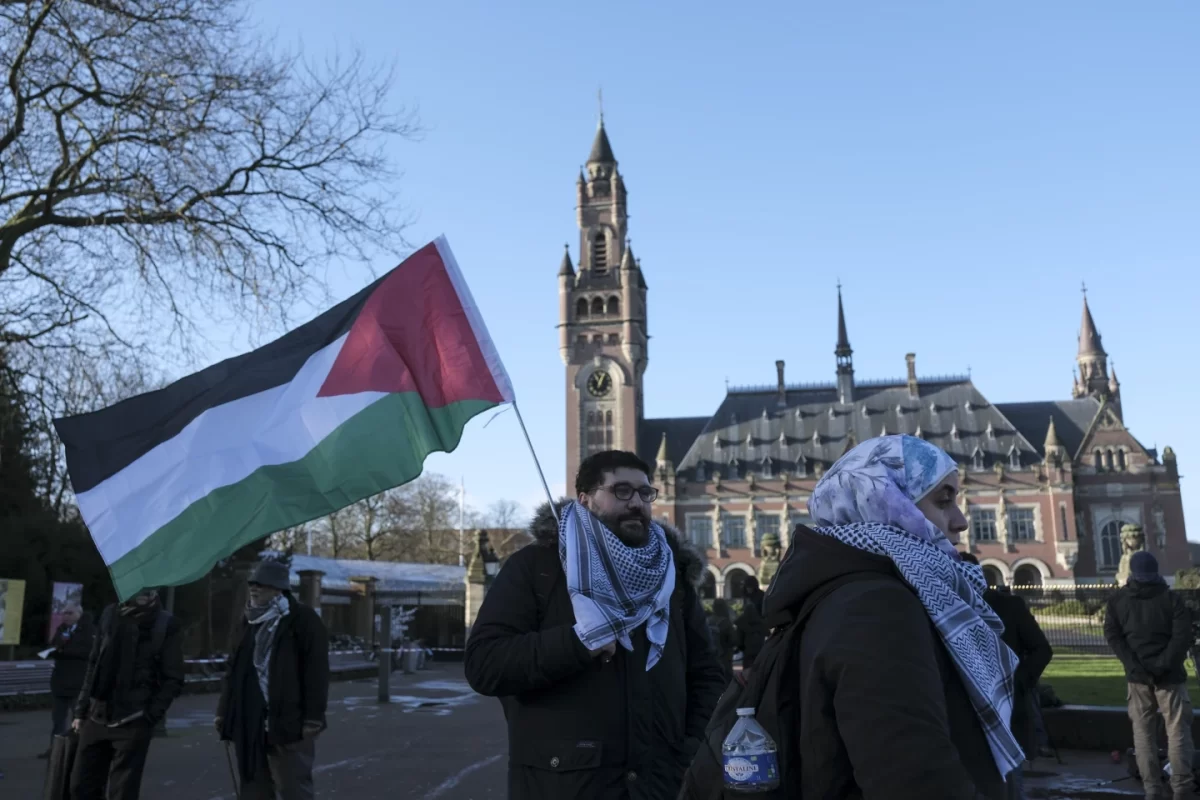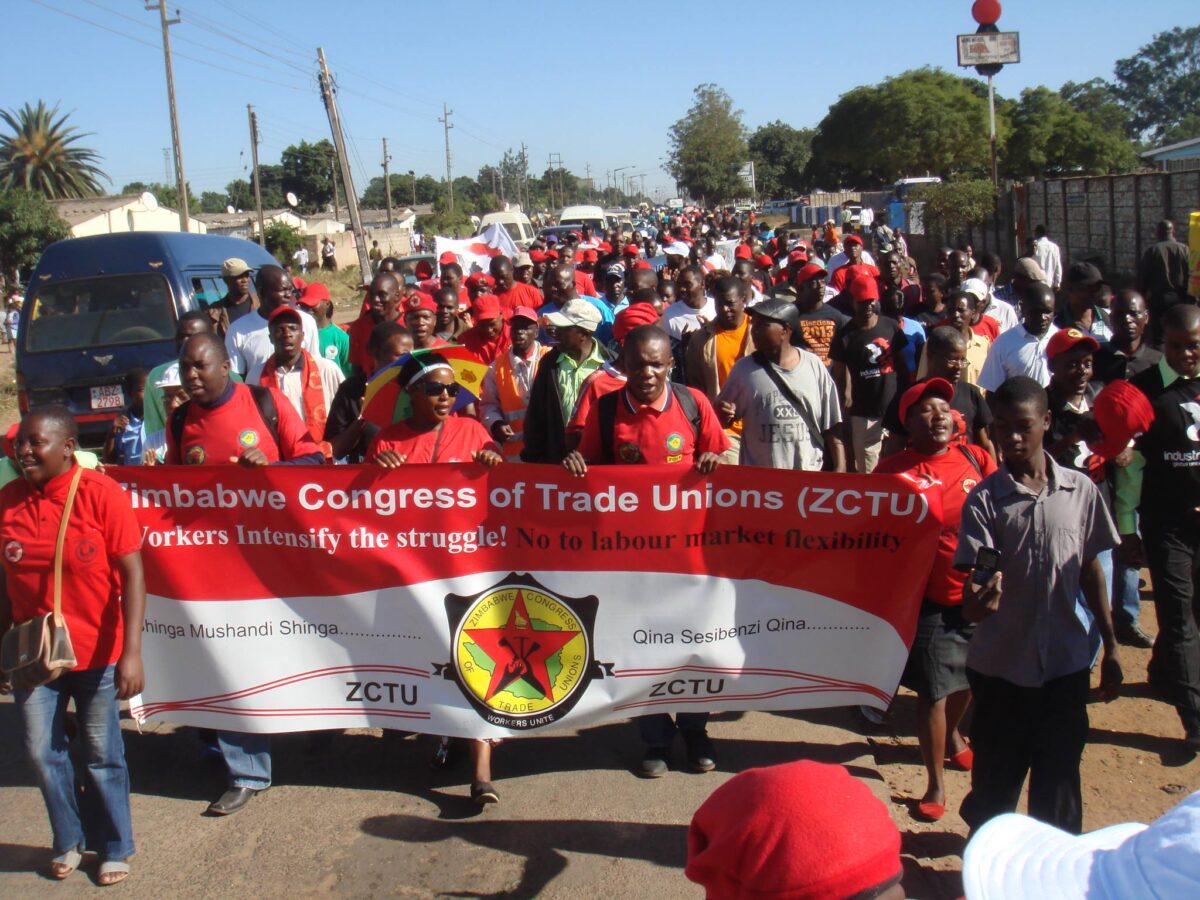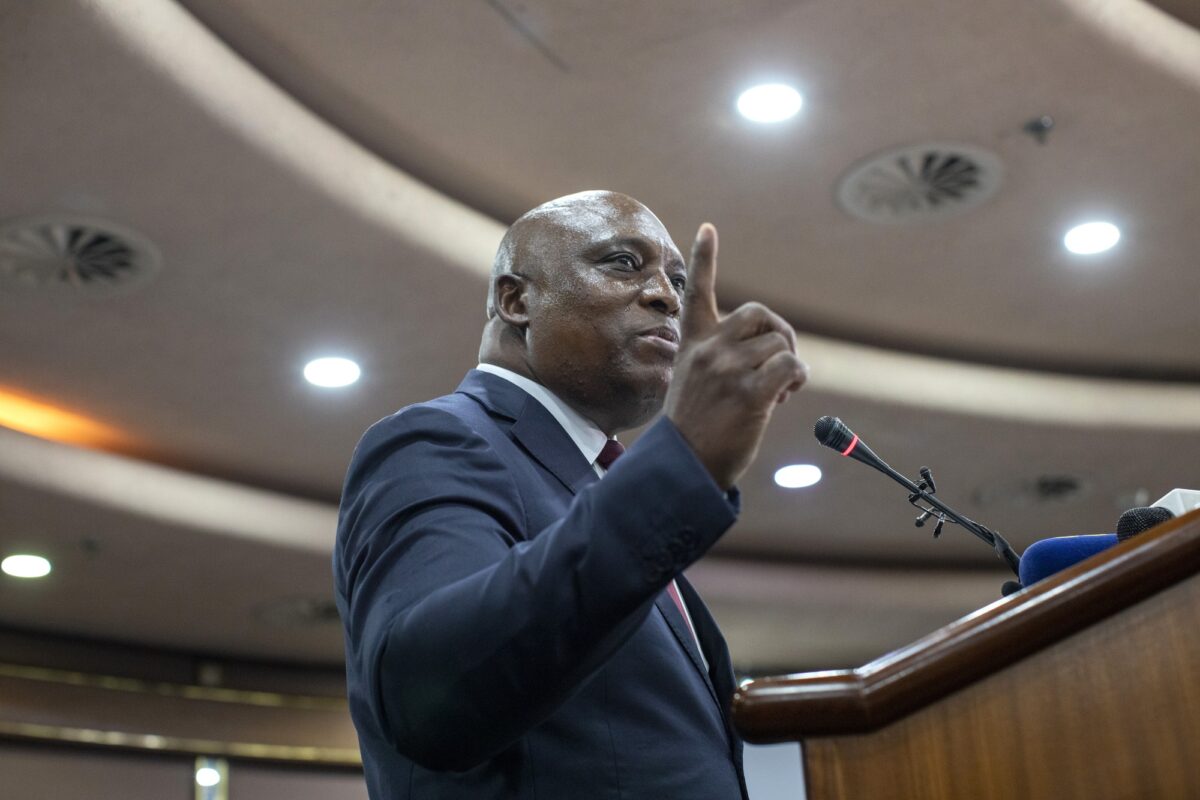HARARE – The High Court on Friday threw out an application by the MDC Alliance seeking to stop the MDC-T party from recalling more of its MPs from parliament.
Justice Tawanda Chitapi of the Harare High Court said the MDC Alliance was improperly before the court as it was not a legal persona, and therefore had no legal standing to bring the application.
MDC Alliance MPs Happymore Chidziva and Wellington Mariga, who joined in the suit, were seeking to interdict the Speaker of Parliament from acceding to any more recalls, after four MDC Alliance lawmakers were expelled at the behest of the MDC-T.
Justice Chitapi did not get into the merits of the case, and made a point of saying he was not bound by an earlier finding by fellow judge, Justice Nyaradzo Priscilla Munangatri-Manongwa, who found that the MDC was a legal persona with a capacity to enter into contracts, sue and be sued and to own property.
The judgement leaves the MDC Alliance’s MPs and councillors at the mercy of MDC-T leader Thokozani Khupe, who won a Supreme Court fight to have MDC Alliance leader Nelson Chamisa’s assumption of the MDC-T leadership in 2018 declared invalid.
MDC spokesperson Fadzayi Mahere said they had noted the judgement and would map a way forward.
“Political parties aren’t created in the courtroom,” she told journalists outside court. “Political parties are voluntary associations. We don’t become a political party because the court said so; we become a political party because we are. That’s why we contested in 2018, that’s why we fought the presidential election petition in 2018. The Constitutional Court accepted that the MDC Alliance is a political party, (Emmerson) Mnangagwa knows that the MDC Alliance is a political party and Parliament knows that we’re a political party so we will continue to exist as such.”
Mahere said the party would consult its structures before making a decision on whether to challenge the ruling.
She added: “We’re going to continue fighting for Zimbabweans. The party is not going to focus on being bogged down in sterile debates about people’s individual political ambitions, which is what these court cases and political stratagems are about.
“This country is in crisis, and that’s what we need to focus on right now.”
In March, the Supreme Court delivered a controversial judgement which has complicated the leadership dynamics in Zimbabwe’s main opposition.
The court had been asked to rule on two substantive issues on appeal by Chamisa. The first was whether appointments of deputy presidents made by the founding president of the MDC-T, Morgan Tsvangirai, in 2016 were lawful.
The second concerned the legality of Chamisa’s rise to become interim leader of the MDC-T in February 2018, following Tsvangirai’s death. Khupe insisted that the MDC-T constitution entitled her to lead, as the only vice president elected at the last congress in 2014.
The Supreme Court upheld the decision of the High Court that there were illegalities in both instances. The court determined that the MDC-T should revert to the pre-2016 structures before Tsvangirai’s elevation of Chamisa and Elias Mudzuri to form a tripartite vice presidency with Khupe.
It also ordered that the MDC-T should hold an Extraordinary Congress within three months from the date of the judgment.
The decision of the court sparked debate regarding its consequences for opposition politics, with Khupe – who contested the July 2018 election as MDC-T leader while Chamisa led the MDC Alliance – seeking to assert control as leader of the MDC Alliance.
Khupe recalled four MDC MPs and senators, forcing the MDC Alliance to order its lawmakers to stop attending parliament.
The matter could soon spill back into the Supreme Court, which will get another opportunity to bring clarity and finality to the dispute.

